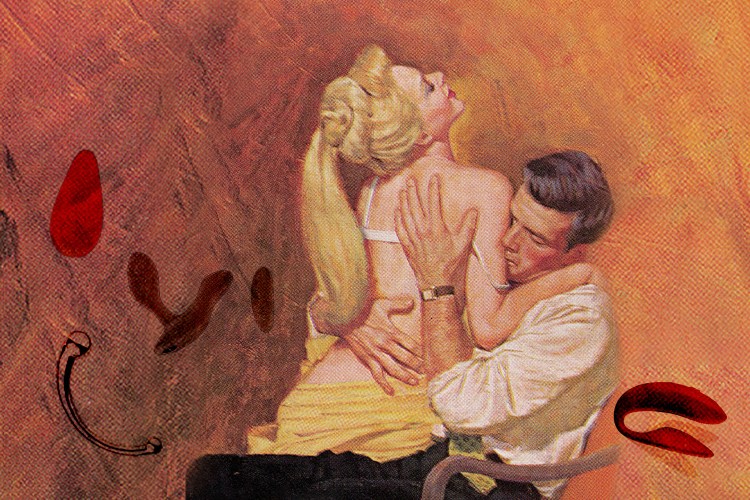Right near the beginning of the global financial crisis in 2008, Dutch designer Tord Boontje — best known for pretty, inexpensive garland lighting fixtures made from the same material as Fed Ex packaging — debuted a work of staggering craftsmanship and artistry: his Fig Leaf cabinet, a masterwork that required nine months of labor and featured 615 hand-painted leaves, each signed by the enamel worker who created it.
It was not design so much as art; it would go on the be the subject of museum shows and many a critical review. And when some observers looked back, they wondered: Was this display of outré opulence and luxury a sign of the economic collapse to come? In its way, it signaled the moment when we wanted not just a cabinet, but a cabinet handcrafted by hundreds of workers; no ordinary cabinet would suffice.
Now, looking back, can we see it as an indication that our valuations — and values — had become utterly unmoored from reality?
Possibly. But not to the extent that we have ceased making such objects. To wit:
You’re looking at Jacob & Co.’s new Astronomia Sky, a watch of singularly dazzling artistry. (You might remember Jacob & Co. from its favored status among the hip-hop and pop culture elite.) The watch is an update and creative expansion on the brand’s Astronomia watch, which was itself staggeringly beautiful.
For watch lovers, the Astronomia Sky ups the ante by incorporating a sidereal-time complication, which measures time based on position relative to the stars, rather than the more common (and easily reckoned) solar time. For aesthetes, the watch is a magnificent bauble, with a star chart (matched to those above Geneva) and spinning planet beneath a rotating sapphire dome. But at $690,000, it’s certainly not a bargain.
“[Founder Jacob Arabo’s] idea was really to create a sort of planetarium with all the stars and planets going around,” says Luca Soprana, who collaborated on the design. A personal planetarium: It’s an idea the Medicis, and the other great patrons of old, would surely rally behind.
The 0.0000001% will love it. Only time will tell if they regret it.
This article was featured in the InsideHook newsletter. Sign up now.






















